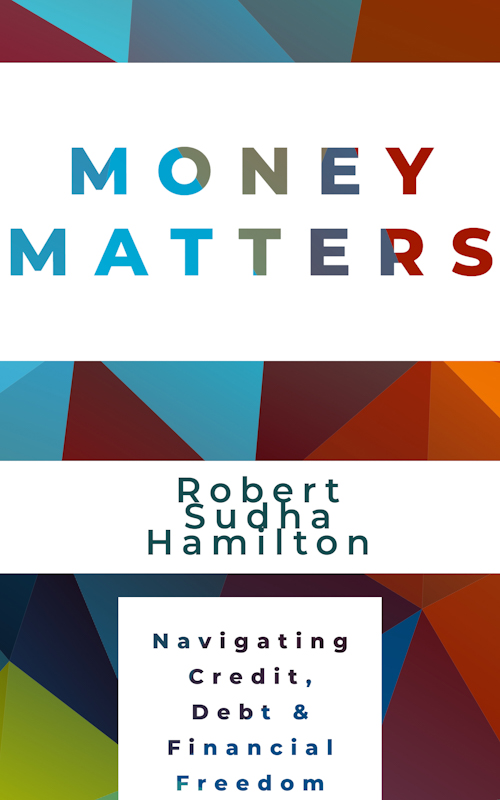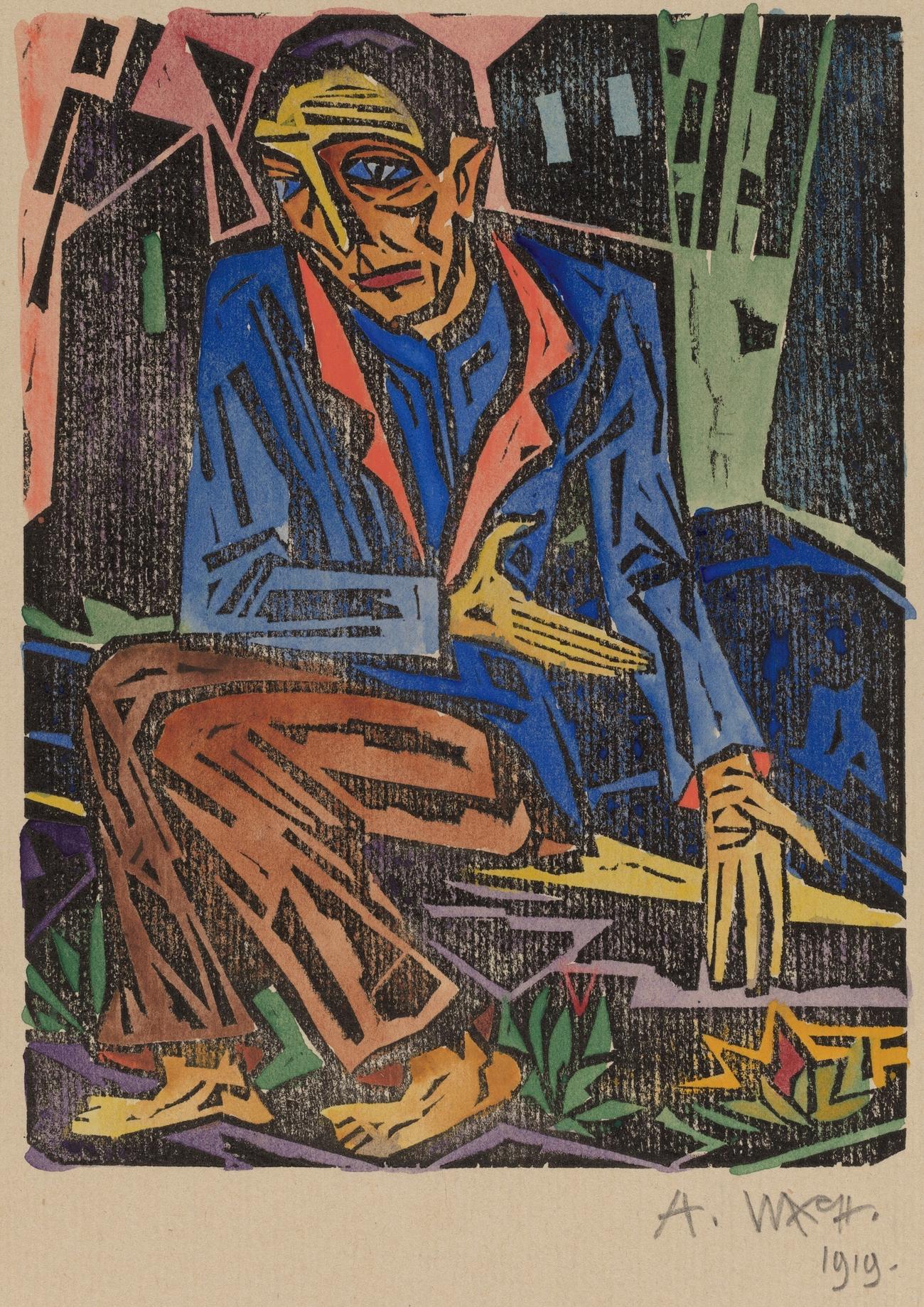The basic plotline of Macbeth follows the unwise ambitions of our protagonist, Macbeth, as he usurps the Scottish crown by murdering King Duncan covertly within his own castle, and then blames it falsely on others. His confidante, and co-conspirator, is his wife, Lady Macbeth.
It is pride, which allows Macbeth to be tempted, by the prophetic mutterings of witches in the play’s first act, when they hail him as ‘Thane of Cawdor” and “that shalt be king…” (1.3.49-51) When Banquo asks Macbeth, “why do you start and seem to fear…?” the text is telling us that Macbeth already has aspirations upon Duncan’s throne. (1.3.52) Later, when the witches’ prophecies are confirmed by Duncan’s reward of Cawdor upon Macbeth, the trap of pride is set and Banquo tells us, “Wins us with honest trifles, to betray’s in deepest consequence.” (1.3.127-128) Macbeth’s star is rising in the first act of the play, he is the hero of this war with Norway, “For brave Macbeth – well he deserves that name –“, states a Captain of King Duncan’s army. (1.2.16) Duncan concurs with this assessment of Macbeth, “O valiant cousin, worthy gentleman!” (1.2.24) Pride and its attending hubris seem poised above the character of Macbeth.
(1.7.29-30) Although, subsequently, invested at Scone, Macbeth remains insecure as ruler, committing tyrannical acts, such as having Banquo, and Macduff’s family, murdered. (2.4.31) (3.1.49) Macbeth is tormented by his guilt for murdering a rightful king, and his imaginings conjure a ghost to haunt him. (3.4.94-98) His pride guarantees his downfall, as he blithely ignores the English forces led by Malcolm and Macduff, because of a witch’s prophecy, which falsely proclaimed his indestructibility; Macbeth is slain by Macduff and Malcolm becomes king. (4.1.79-80) (5.7.58-65)
Scottish history play,
Ambiguity abounds and what may appear glorious, Macbeth as hero, is actually poisoned by pride and impending evil.
Eventually Lady Macbeth cannot sustain her existence within such evil, as she first sleepwalks and talks, confessing all to those who overhear. (5.2.27-61) Then, she hangs herself offstage, and Macbeth’s soliloquy again expresses his humility and nihilism in response to her death. (5.5.18-28)
Macbeth, unlike Lady Macbeth, sustains the dichotomy within him throughout the play, despite his endless fall from grace.
Macbeth’s hubristic actions in murdering a king, a son of God, are highlighted in the play by his awareness of the consequences of such premeditated “bloody instructions”. (1.7.5-15)
Macbeth murders and then repents, and this is repeated throughout the play, he is like a real person capable of fair and foul behaviour, and containing both pride and humility. (3.4.77-84)
this essential relationship conveys their qualities more fully than if narrate a story about one man, a Scottish Prince, who pre-emptively seizes upon incantatory apocalyptic information and, with the support of his wife, rashly murders the rightful king to usurp his crown. Blood and daggers are everywhere in Macbeth, as are tortured recriminations involving sins against God
Pride is red, blood red, and daggers, another motif in the play, are “unmannerly breeched with gore”.
http://www.gutenberg.org/files/6130/6130-pdf.pdf



















